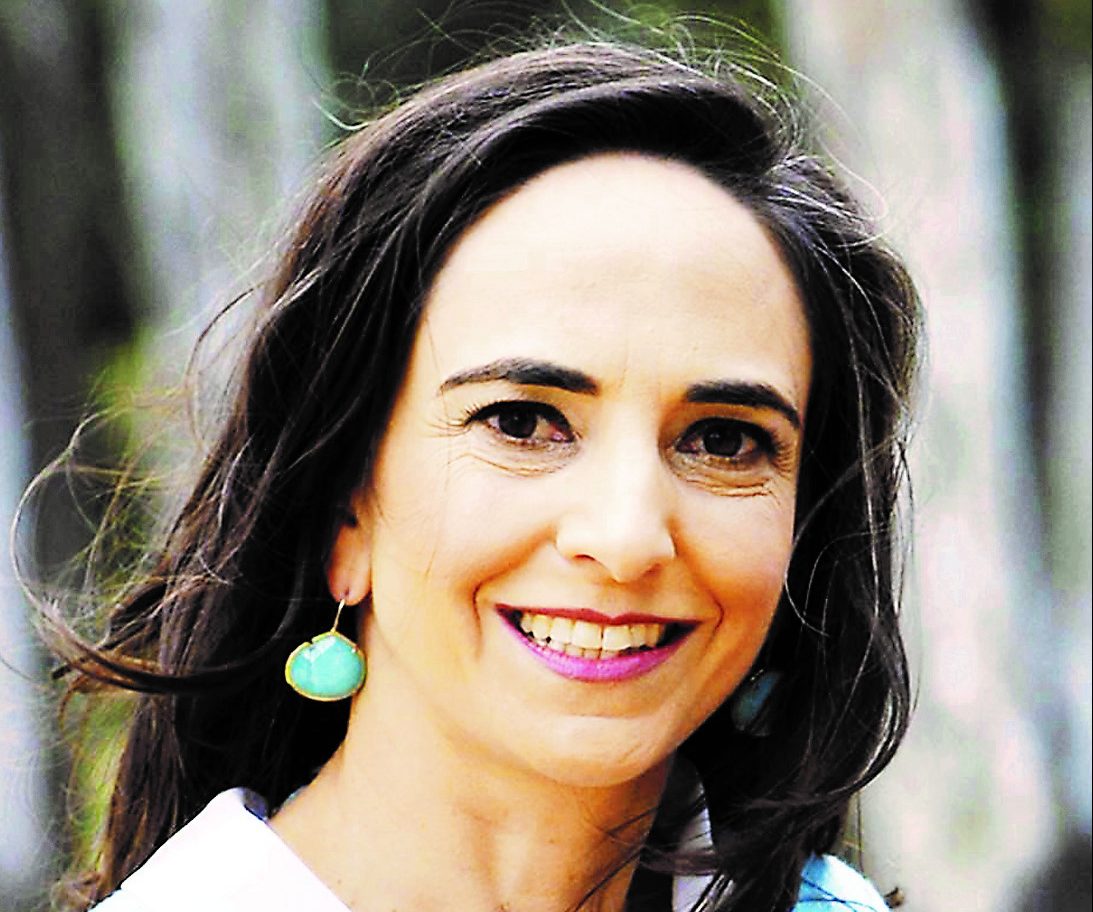
News

Now’s not the time to drop your mask
After 134 days of lockdown, the pervasive sense I get from my patients is that they are “over it” and just want to get on with their lives. People have become desensitised to the large numbers of new cases reported so that when we have a day with “only 7 000” new cases and “only 120” deaths reported in our country, it feels like we are doing well.
Remember when the numbers of infections in China seemed so frightening, people, illogically, wouldn’t shop at the Chinese market or enjoy their Chinese takeout? Yet with lockdown fatigue setting in, people are tired of the restrictions, frustrated with not seeing friends and family, and starting to take more risks than before. With no way of knowing for sure when we will peak, and no end in sight, we need to learn how to live our lives safely as we get used to a “new normal”.
As you venture out of your homes, I urge everyone not to become apathetic over the next few weeks, and not to put yourselves in risky situations. Joburg doctors are puzzled and frustrated at the complacency of people who continue to socialise without the use of masks and distancing measures.
I’m continually surprised at the number of people who have been exposed to positive patients without adequate precautions, and are then forced to quarantine. The increase in community infections over the past few weeks forced schools to close when in fact schools had worked tirelessly to put protective measures in place and most infections had occurred through people’s private social interactions.
So, as we take our place as one of the top-five countries in terms of COVID-19 infections, what can we do to try and maintain some sense of normalcy for ourselves and our kids while still protecting ourselves and others?
- Assume everyone around you is carrying the virus;
- It’s still safest to avoid unnecessary interactions;
- Only interact with others while practicing strict protocols of social distancing, hand hygiene, and wearing of masks;
- Vulnerable people (those with comorbidities) and the elderly are safest if they continue to remain at home;
- You can take responsibility only for yourself and your own families;
- Make sure that your workplace is safe and practicing the correct protocols;
- Avoid large gatherings, particularly in enclosed spaces;
- If you want to meet a friend or family member not staying with you, make a plan to meet up outside, maintain a distance of at least 1.5 metres, and keep your masks on; Go for a walk together or meet at the park (each bring your own picnic blanket so you can sit apart). Stick to one or two friends at a time so that hygiene and distancing protocols don’t break down. (A rule of thumb for this type of meeting is that if one of you gets ill the next day, don’t put yourself in a position where you would need to quarantine);
- It’s not recommended to eat with anyone who isn’t in your immediate household as you can’t keep masks on if eating or drinking;
- I don’t recommend going to restaurants at this time. Rather get take-aways if you don’t feel like cooking, or order a meal to enjoy at home for a treat from one of the many available caterers;
- Plan safe outings for the children to combat cabin fever – walk to the park, do a short hike, go for a bike ride, or take a day trip to the lion park. Choose outdoor rather than indoor activities where ventilation is good, and there are fewer people. Drive in your own car. Try to choose days and times that are quieter so as to avoid crowds, and stick to the well-known triad of keeping masks on, physical distancing, and excellent hand hygiene;
- Keep in regular contact with friends and family using video calls and Zoom. From experience, I know that at my Zoom book club, where everyone has a G&T, it feels like we are all in the same room. The bonus is that our members from Cape Town and Israel can join too. My teenage daughter does online exercise classes while on a video chat with friends. They giggle and groan as if they’re in the gym together;
- I strongly discourage play dates and sleepovers amongst children at this time. It’s impossible to do this safely, maintain physical distancing, and keep masks on, especially for younger kids;
- Quarantine for 14 days if you have been in contact, and isolate for the correct period of time (10 days if mildly ill or asymptomatic) if you have been diagnosed with the virus (either based on clinical symptoms or with a positive test result). This will keep everyone around you safe;
- Avoid stigmatising anyone with COVID-19, and be kind so that people are open and upfront about who is infected;
- Try to keep up good routines, balance work and leisure time, limit online exposure, eat healthily, and exercise. This will help to keep you in a good state of mind;
- Visit the Gauteng General Practitioners Collaboration Facebook page for evidence-based information on living safely and coping in the time of COVID-19. Many of its articles are written by GPs from the Joburg Jewish community; and
- Remember that these measures aren’t forever. A time will come when we’ll look back with memories of quality family time and having survived a shared experience.
As a community, many sacrifices have been made to try to control infection rates – shuls remain closed, funerals are lonely affairs, Barmitzvahs are celebrated online, and chagim are spent only with our nuclear families. We need to encourage continued community spirit, vigilance, and ongoing compliance at a time when we are all feeling fatigued.
What’s clear is that we can’t rely on the arrival of a vaccine. We need to learn to live with the pandemic as it affects us now. Prevention is better than cure in all disease. We need to take personal responsibility for putting in place the measures of distancing, hand hygiene, and mask wearing, together with maintaining healthy lifestyles and nutrition. We need to all do this unselfishly to protect our elderly and vulnerable populations.
Once our infection rate has peaked and we head towards summer, I’m hopeful that the worst will be behind us and the sacrifices we have made will have been worthwhile.
- Dr Sheri Fanaroff is a GP in private practice in Johannesburg.










